
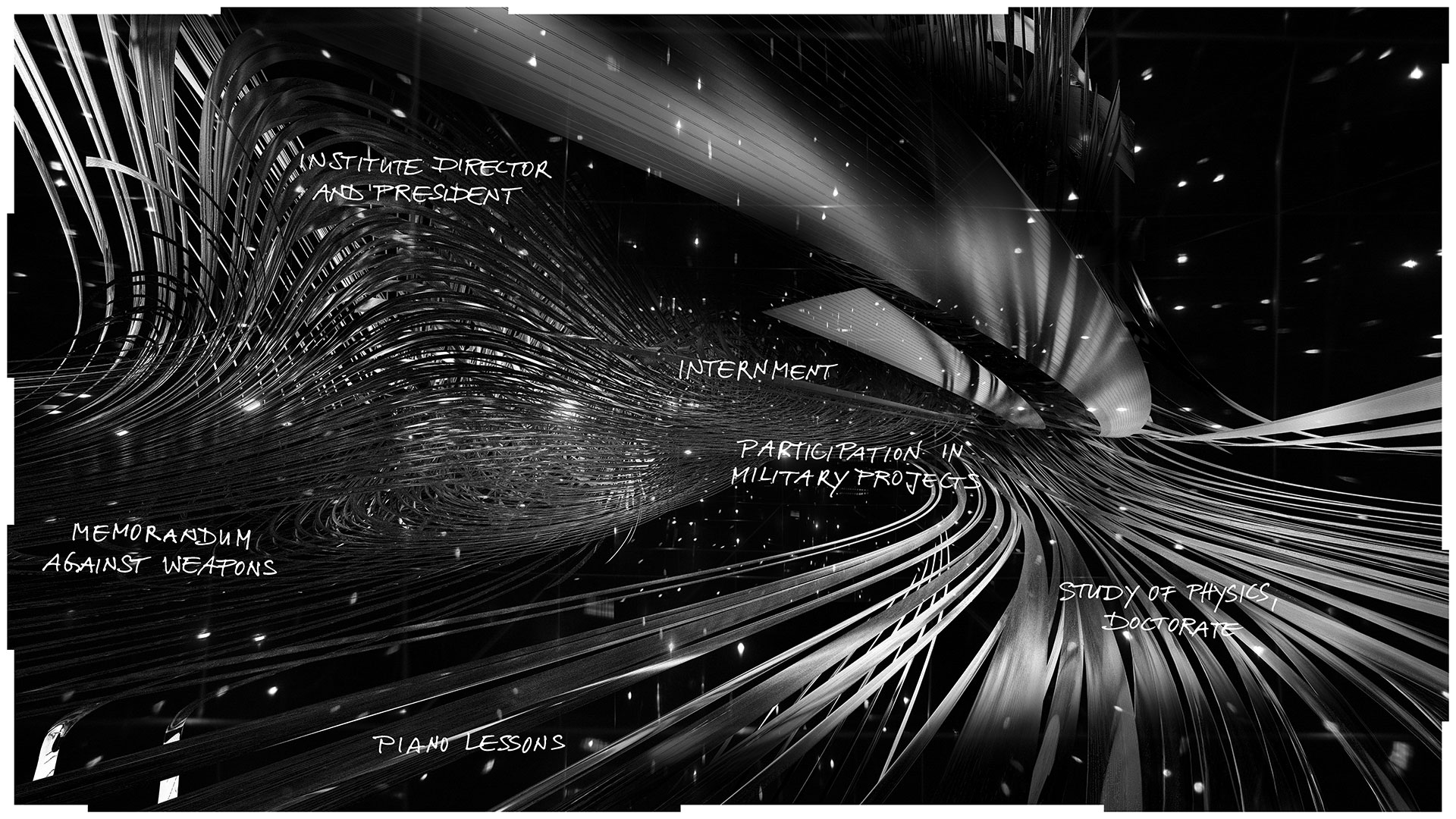
This work is protected by copyright in all its parts.
© 2023 by Heinz Hermann Maria Hoppe. All rights reserved.
Color and tone value representations on monitors deviate from the original.

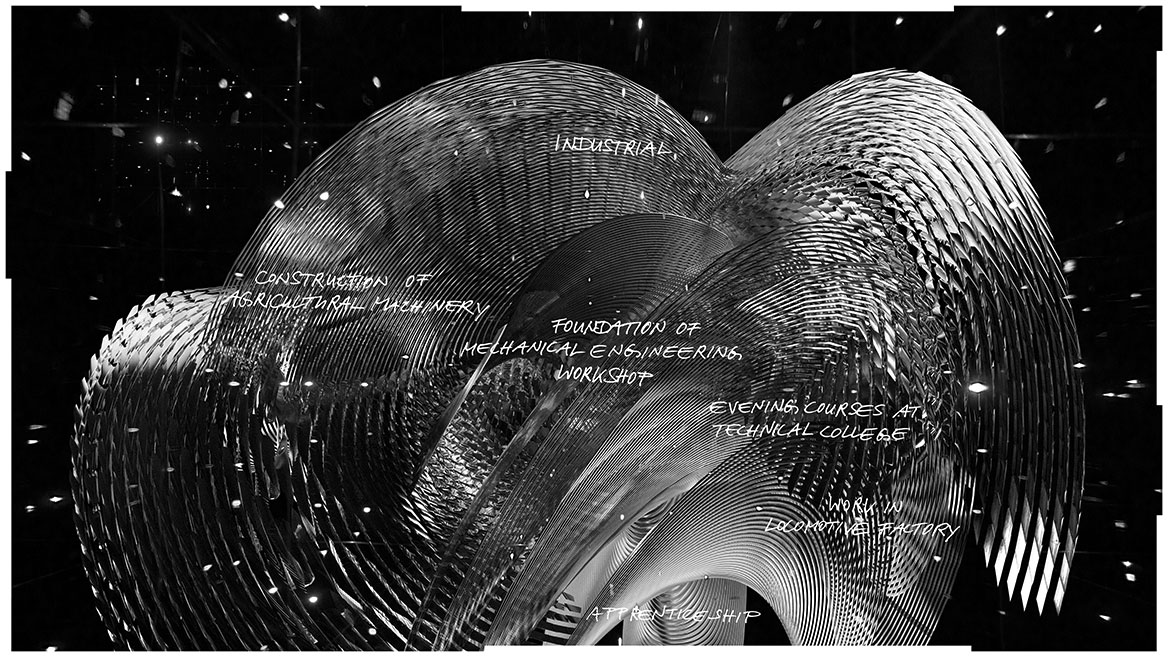
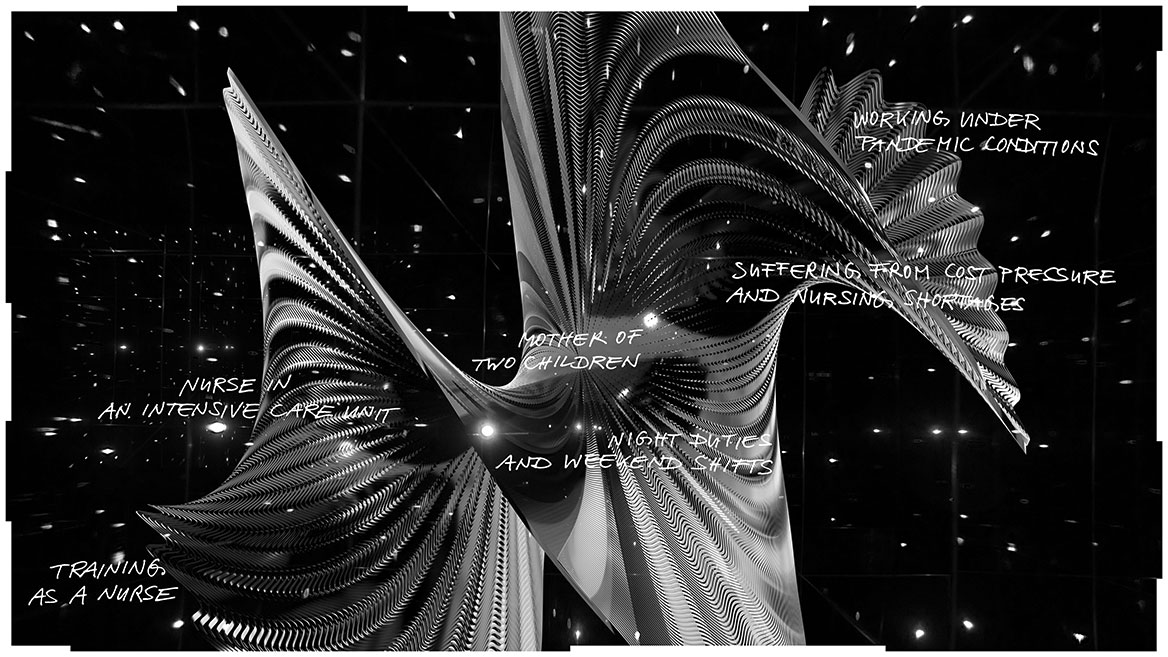
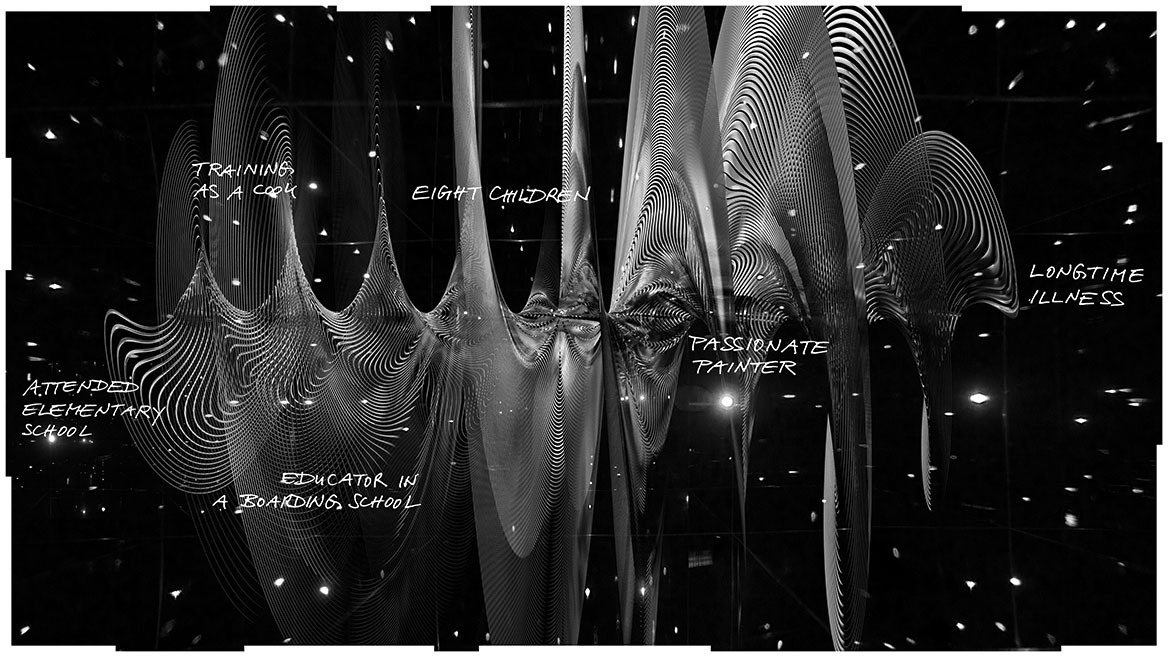
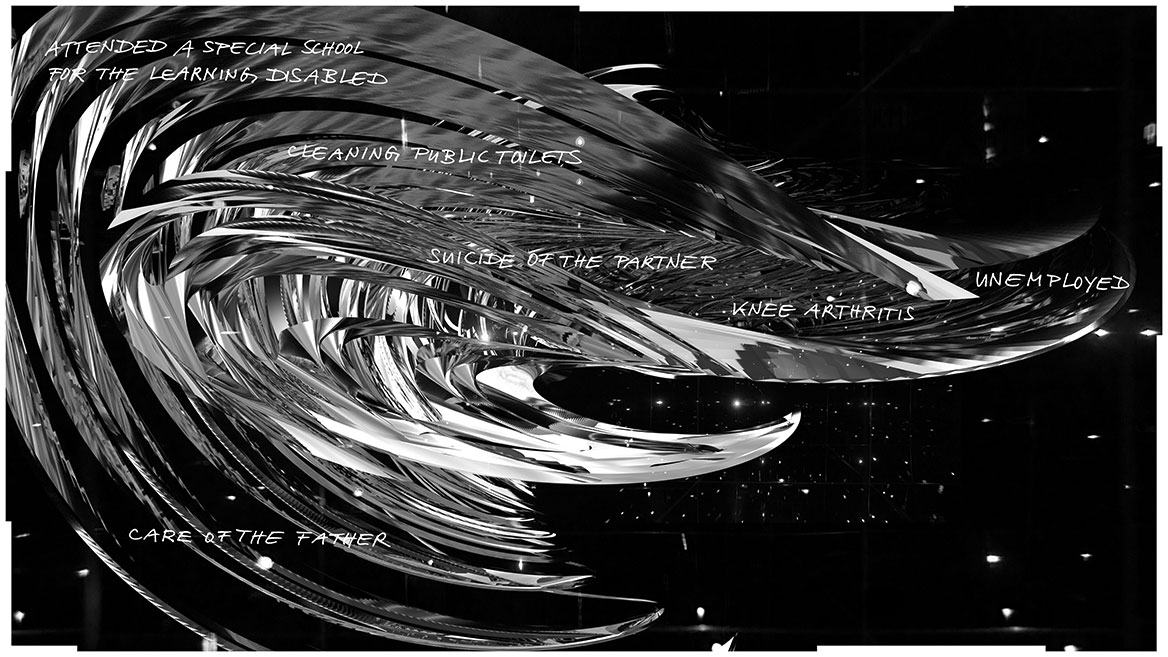
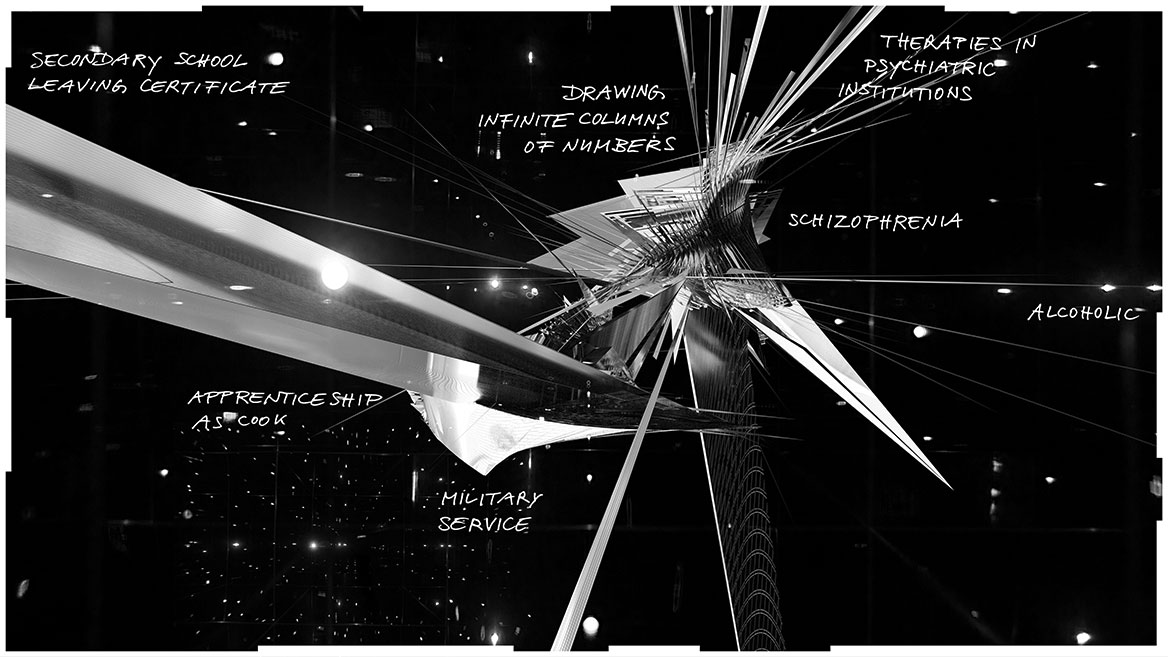


Comment
Author: Heinz Hermann Maria Hoppe
Our personal history is coupled to the time into which we were born and to the place in which we experience it as ‘our world’. It is into this time and space that we place the cornerstones of our life’s journey. We continuously pay the price for our sexual reproduction, we age and die. Until then our heart beats, all the time, the beat of evolution. Life in time and space remains a mystery, even beyond the complicated formulas of Einstein and Hawkins and beyond the abstract idea of an infinite, cold space.
Time is relative. Some insects are born in the morning, are capable of procreation at noon, and are dead in the evening. Even with the help of a single atom, a time interval can be determined when it is trapped in the vacuum of an atomic clock: one millionth of a billionth of a second, defined as a femtosecond, lasts the beat of electrons forming a kind of pendulum. Such a phenomenal clock is not even one second slow in 15 billion years.1
The Roman philosopher Seneca described that we do not have too little time, but that we waste too much time. A life without goals, accumulated with voluntary servitude and with superfluous drudgery or with idleness and with pleasure-seeking, was not life in his eyes, but simply time passing.2
Since the Age of Enlightenment, most people no longer understand their destiny as being given by God. Alpha and omega, beginning and end, are therefore also in our hands. To live is therefore to choose. Since then, every morning offers the chance for a new beginning. However, answers to decisive questions of life are still far from being found. Like our ancestors, we reflect on our past in order to derive directions for the future from our experiences. In the meantime, our life time trickles away ‘like sand between our fingers’. The short present, as the only possible time to act, is quickly history, because our attention is predominantly on the future. Rituals and habits are thus strung together as we organize our daily lives with an eye on the smartphone.
Time is not money, but life. Existing as if we were going to live forever can end up being a nasty surprise. When a heart attack or a serious accident appear on the ‘stage of life’, it can be too late for central questions: “Is that supposed to be all?”, “Why didn’t I spend more time with the people I love?”, “What was the purpose of my life?”.
Our present seems to have lost its spatial structure again. Acceleration is paired with disorientation. Progress is questioned. Hatred and brutality are on the rise. Hopelessness and indifference are reflected in the faces. The ‘tunnels into the future’ are full of fears.
The clock of life reliably continues to beat in time until our personal destiny will join the course of history. Our earth continues to hurl itself tirelessly at 67,000 miles per hour in its orbit around the sun. ‘Of course’, we don’t notice anything about it.
List of sources:
1 See Elizabeth Dias, How We Make Sense of Time in: New York Times from December 31, 2021 (Date retrieved: January 03, 2022, 10:40 UTC).
2 See Seneca, Von der Kürze des Lebens, Reclam 2007, P. 7 ff.